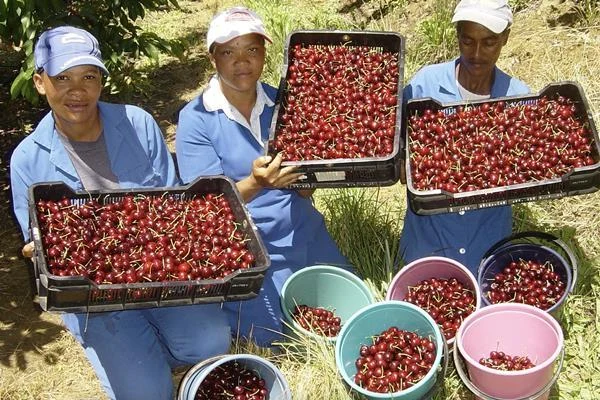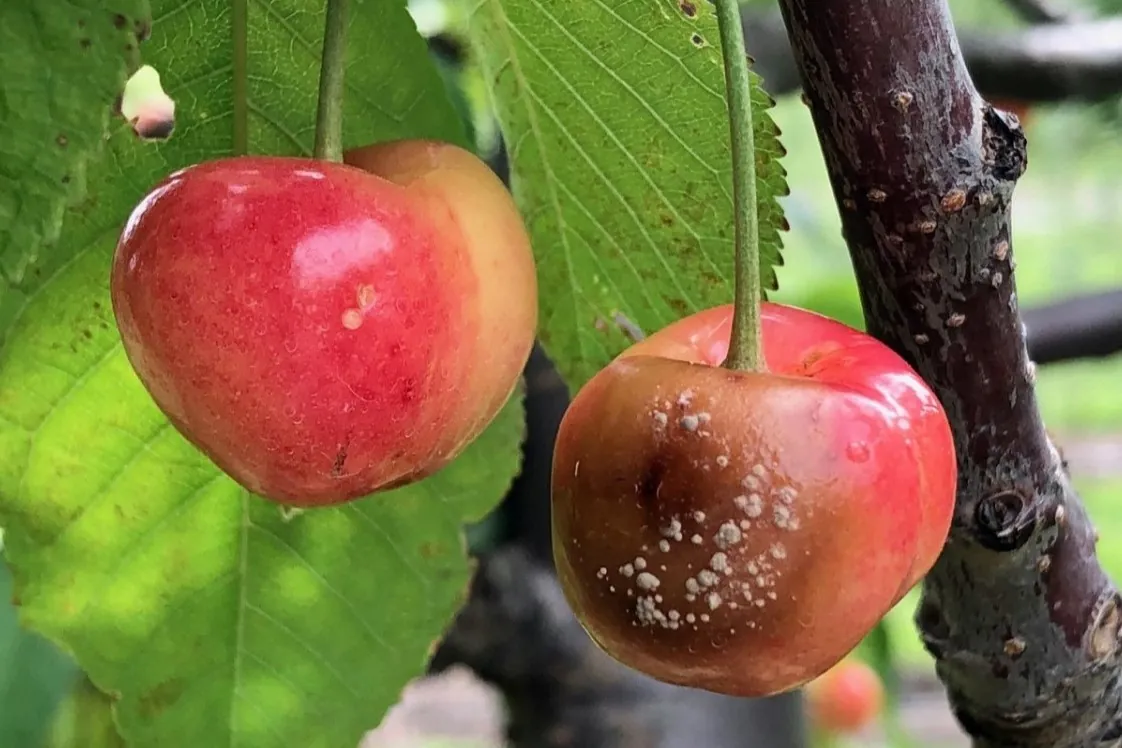With the stonefruit protocol signed this week, South Africa aims to secure access to the Chinese market also for cherries and blueberries. The Agriculture Minister has invited Beijing to inspect facilities and orchards to speed up the process.
South Africa takes a decisive step toward expanding its horticultural exports to Asia. Following the signing of the export protocol for South African stonefruit to China, Agriculture Minister John Steenhuisen officially invited Chinese plant health authorities to inspect packing facilities and cherry and blueberry orchards, with the goal of starting shipments as early as the next season.
“With these inspections we can remove all technical hurdles and begin exporting our blueberries and cherries to China as early as the next harvest,” Steenhuisen said during the signing ceremony with Sun Meijun, Minister of China’s General Administration of Customs.

Tight schedule for inspections
The announcement comes at a crucial time: South Africa is currently at the peak of its blueberry harvest, while the cherry season will begin in November. Both end by January, leaving a narrow window to complete inspections and secure final export approval.
Stonefruit: fast track for apricots, peaches and plums
The newly signed protocol covers as many as five categories of stonefruit – apricots, peaches, nectarines, plums and prunes – and represents an anomaly compared to the past, when authorisations were granted individually for each fruit. This simultaneous approach will allow South African exporters to start shipments this year, although an adjustment period is expected to adapt to the new procedures.
Minister Steenhuisen highlighted the economic potential of the agreement: “Access to the Chinese market for stonefruit could generate up to 400 million rand (around €20 million) in new revenue for the sector over the coming years. Chinese demand for peaches and plums is growing rapidly and has already surpassed South Africa’s entire production.”
A strategic autumn for agricultural trade
The next two months will be crucial for the future of South Africa’s horticultural exports to China. In November, South Africa will host the G-20 summit, where concrete progress is expected on a new free trade agreement between China and African countries. A strategic framework that could further accelerate the opening of the Chinese market to new fruit categories, including cherries and blueberries.
Source text and image: www.fruitnet.com
Italian Berry - All rights reserved











